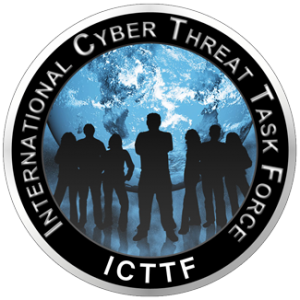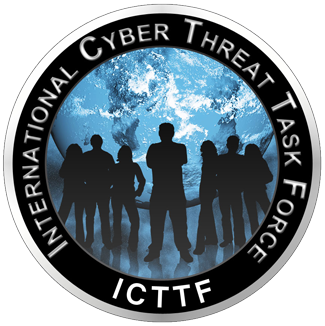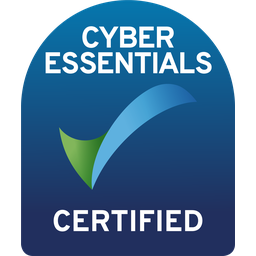DORA and Third Party ICT Risk Management
Navigating Third-Party ICT Risk Management Under DORA
In the ever-evolving landscape of the financial sector, the reliance on third-party Information and Communication Technologies (ICT) services has become a norm. However, this dependency introduces a spectrum of risks that can threaten operational resilience. The Digital Operational Resilience Act (DORA) addresses this critical area, underscoring the need for robust risk management practices. This blog post aims to elucidate the key aspects of third-party ICT risk management as mandated by DORA, providing senior members of the financial sector with actionable insights to enhance their cybersecurity posture.
Understanding DORA’s Stance on Third-Party ICT Risk
DORA mandates a comprehensive approach to managing third-party ICT risks. It requires financial entities to exercise due diligence in selecting service providers and to maintain oversight throughout the lifecycle of the engagement. This includes:
Risk Assessment: Prior to outsourcing ICT services, firms must conduct thorough risk assessments to understand the potential impact on their operational resilience.
Contractual Clarity: Clear contractual terms must outline the responsibilities of the third-party provider, including compliance with DORA requirements.
Ongoing Monitoring: Continuous monitoring of the service provider’s performance and adherence to agreed-upon service levels is essential.
Actions for Compliance with Third-Party ICT Risk Management
To align with DORA’s requirements, financial entities should:
Develop a Third-Party Risk Management Framework: Establish a structured approach to assess, monitor, and mitigate risks associated with third-party ICT service providers.
Implement Rigorous Due Diligence Processes: Conduct comprehensive due diligence on potential service providers to evaluate their operational resilience capabilities.
Maintain Detailed Registers: Keep registers of all contractual arrangements regarding ICT services, as per DORA’s guidance, to ensure transparency and accountability.
Conduct Regular Audits: Perform regular audits of third-party providers to ensure ongoing compliance with DORA standards and contractual obligations.
Conclusion
The management of third-party ICT risk is not an isolated task but an integral component of a financial entity’s overall digital operational resilience strategy. DORA’s provisions for third-party ICT risk management are designed to safeguard the financial sector from the vulnerabilities that arise from external dependencies. By adopting a holistic approach to DORA compliance, financial entities can ensure that their operations are not only resilient but also contribute to the stability and security of the broader financial ecosystem. Embracing the interconnected nature of DORA’s objectives will enable senior members of the financial sector to foster a more robust and collaborative defense against the ever-present cyber threats.


